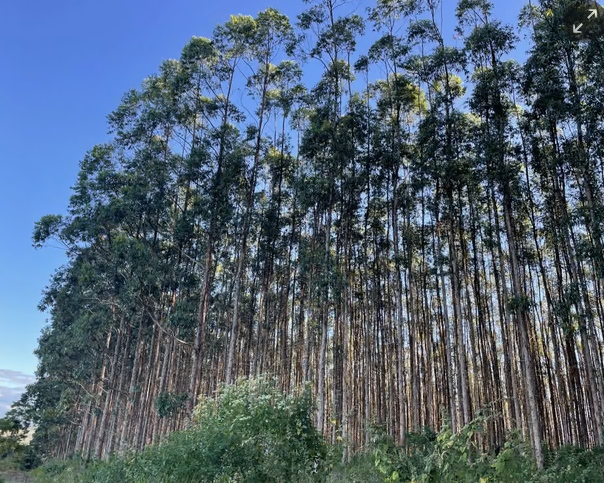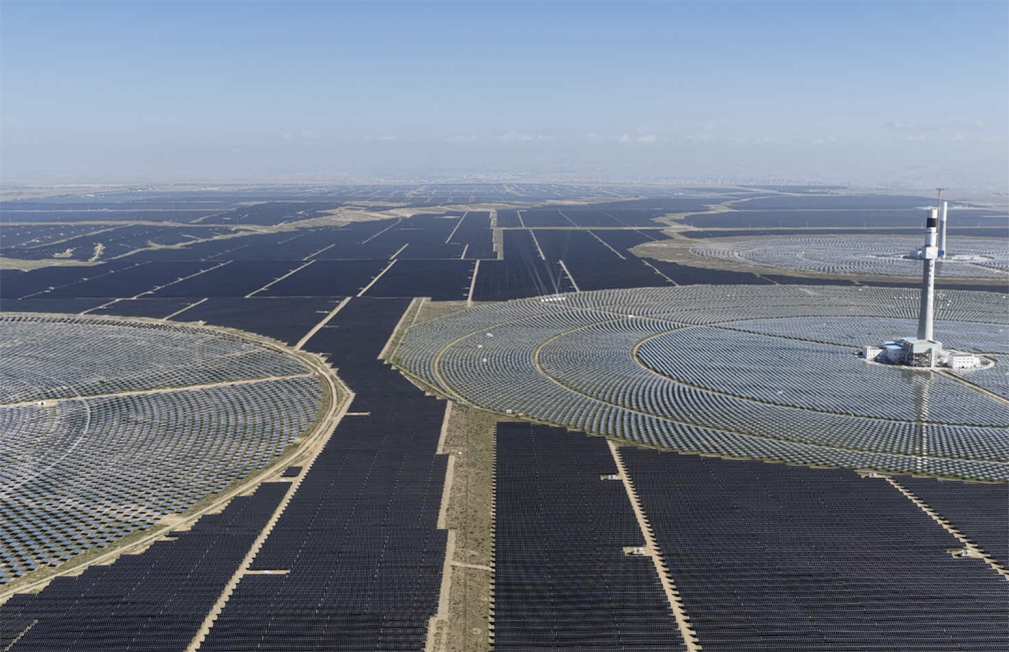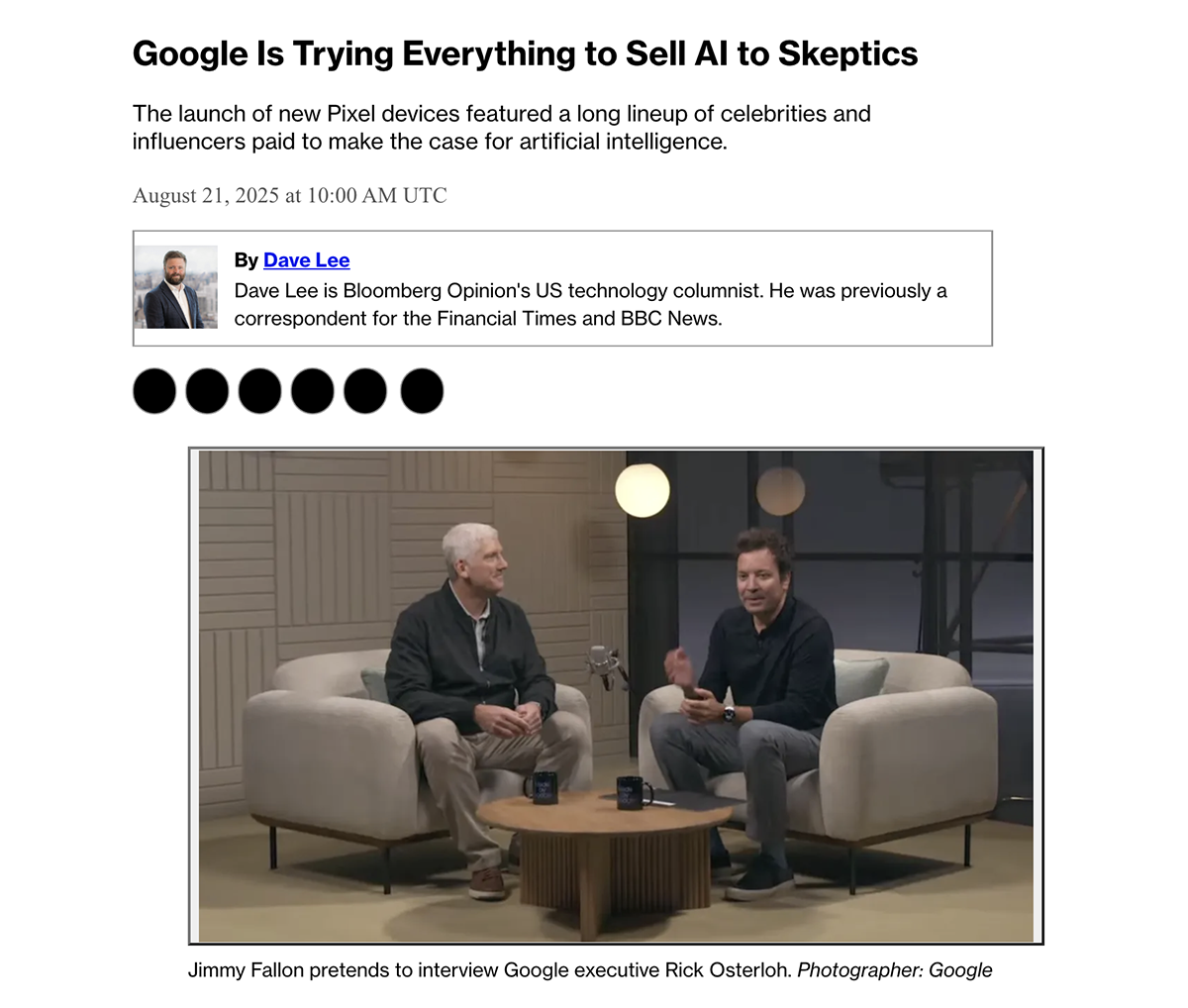Over the past year, the White House has courted tech billionaires and gone out of its way to protect the AI industry’s agenda, fast-tracking permits for data centre construction and approving the sales of advanced chips to China while cracking down on states’ attempts to regulate chatbots … But across the US, citizens, clergy and elected officials in conservative communities are leading a grassroots rebellion against the rapid rollout of the technology.
And it was all too easy to be pessimistic about the prospects both for cooperation and for persuading voters to accept even modest future-oriented sacrifices.
Then came the renewable energy revolution. Solar and wind power have become cost-competitive with fossil fuels — they are, in particular, clearly cheaper than coal. Huge progress in batteries has rapidly reduced the problem of intermittency (the sun doesn’t always shine, the wind doesn’t always blow.) There’s now a clear path for a transition to an “electrotech” economy in which renewable-generated electricity heats our homes, powers our cars, and much more.
Conclusion: very pop– wait. It seems that the Trump administration has decided to block/rollback this transition that would benefit the planet, ensuring that the US will be left behind in global competition. Oh well.
Communities across the country have been shocked to learn that DHS wants to use warehouses in their towns for detention space amid the ongoing immigration crackdown.
The bipartisan American investment, which the Trump administration led, was absolutely key to containing a horrific global pandemic which could have been exponentially worse without the stunning accelerated development of mRNA vaccines — one of the great public health triumphs in modern history. But this miracle cure was only the beginning. The massive investment in mRNA opened doors to numerous other medical advances…
These mRNA advances would obviously benefit people in the United States, who would be much less likely to die of cancer, flu, pandemics, and a range of other illnesses.
Conclusion: popular, live-saving, beneficial across borders and populations. Unfortunately, also vulnerable to disinformation by cranks and malefactors willing to lie to enrich themselves and endanger others.
So even among this small variety of issues, clear policy preferences can be sorted. Public opinion has a role to play, and it’s especially important in the face of corporate media with thumbs on the scale, keeping unpopular issues and policies in a kind of eternal toggle state where the jury is still out. These should not be avoided. Look for candidates who run toward your preferences. Some might even already be there.







